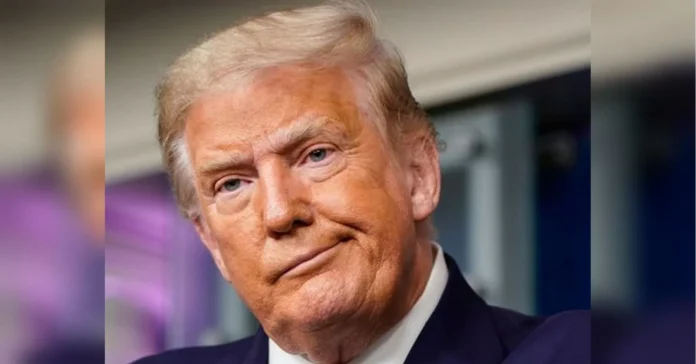President Donald Trump has been a vocal critic of NATO since his campaign days, often questioning the relevance and effectiveness of the alliance. In a recent statement, he has once again reiterated his stance on the issue, stating that the United States will not continue to support NATO if European countries do not increase their financial contributions to the alliance.
Trump’s statement has caused a stir among NATO member countries, with many expressing concern over the future of the alliance. The President’s remarks come at a time when tensions between the US and Europe are already high, with disagreements over trade, climate change, and the Iran nuclear deal.
The North Atlantic Treaty Organization, or NATO, was formed in 1949 with the aim of promoting collective defense and security among its member countries. The alliance currently consists of 29 countries, including the United States, Canada, and several European nations. However, Trump has repeatedly criticized NATO for being «obsolete» and has called for member countries to increase their defense spending.
In his recent statement, Trump specifically targeted European countries, stating that they need to «pay their fair share» for the protection provided by NATO. He pointed out that the US is spending a disproportionate amount on defense compared to other member countries, and this is not sustainable in the long run.
The President’s remarks have sparked concerns among European leaders, who fear that a reduced US commitment to NATO could leave them vulnerable to potential threats from Russia. Many European countries have already increased their defense spending in recent years, but Trump believes that they need to do more.
The issue of defense spending has been a bone of contention between the US and Europe for years. The US currently accounts for about 70% of NATO’s total defense spending, while European countries contribute the remaining 30%. This imbalance has been a source of frustration for Trump, who has long argued that the US is bearing the burden of protecting Europe while other countries are not doing their part.
Trump’s stance on NATO has also been influenced by his «America First» policy, which prioritizes the interests of the United States above all else. He believes that the US should not be responsible for the defense of other countries if they are not willing to contribute their fair share.
However, Trump’s statements have been met with criticism from both sides of the political spectrum. Some argue that his approach is damaging to the alliance and could potentially weaken the US’s position on the global stage. Others believe that his tough stance on defense spending could lead to positive changes within NATO, with member countries stepping up their contributions.
Despite the controversy surrounding Trump’s statements, it is important to note that the US remains committed to NATO and its collective defense obligations. The US has a long-standing history of supporting its allies and has played a crucial role in maintaining peace and stability in Europe through its involvement in NATO.
Moreover, NATO has also been a key factor in deterring potential threats from Russia, as seen in the recent annexation of Crimea and ongoing conflicts in Ukraine. The alliance has also been instrumental in fighting terrorism and promoting stability in the Middle East.
In conclusion, Trump’s statement about the US not supporting NATO if European countries do not increase their financial contributions has caused concern among member countries. However, it is important to view this issue in the context of the larger debate on defense spending within the alliance. While Trump’s approach may be controversial, it has sparked a much-needed conversation about burden-sharing and the future of NATO. Ultimately, the US remains committed to the alliance and its collective defense obligations, and it is in the best interest of all member countries to work together towards a stronger and more sustainable NATO.

